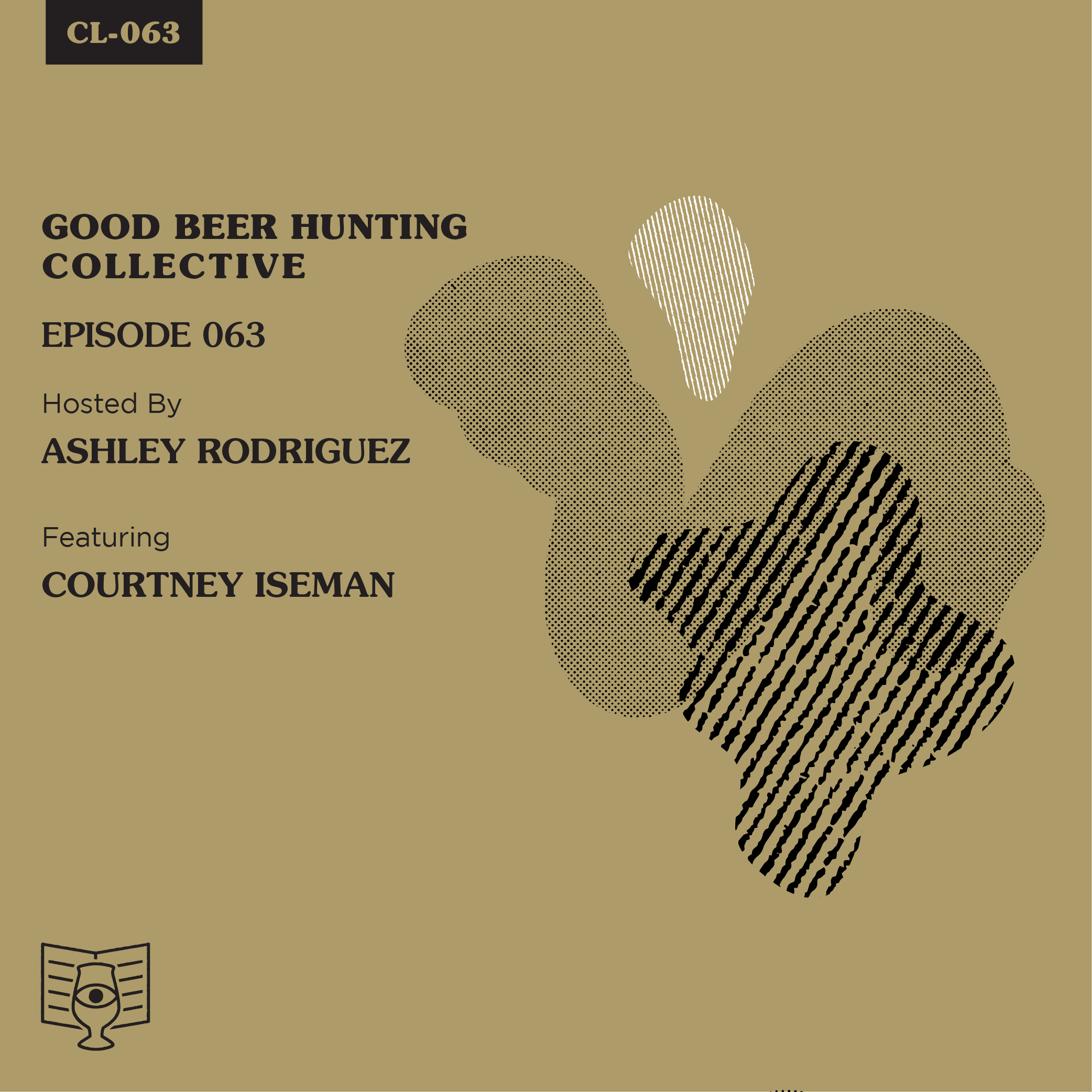
You've probably read some version of this article or headline over the past several months: "Here's a lesson we learned during the 1918 flu that we can apply to the current coronavirus pandemic!"
It makes sense that we want to look to history for answers to present-day problems—"history repeats itself" is an old chestnut for a reason. But for some, the inclination to look backwards extends well beyond the 20th century.
Courtney Iseman is a self-described history nerd, and noticed not just similarities between this current moment and the 1918 Spanish flu pandemic, but also the 14th-century bubonic plague, which killed over half of the European population. Just like now, medieval responses to the black death were largely dependent on social standing—there were those who couldn't afford to not work, those who never left their homes, and those who got the hell out of Dodge, abandoning their homes for less-populated areas.
It helps to look to data and science when dealing with such a unique and scary moment as our current crisis, but it's also helpful to look to stories. Giovanni Boccaccio wrote The Decameron in what is now known as Italy during the height of the plague. The book is a collection of stories that reflected what local life was like at the time, told from the perspective of a group of friends who had fled Florence to escape the disease's devastation. As Courtney points out, you could replace these characters with any number of celebrities or influencers who escaped to their country homes following the spread of COVID-19—just think of today's "private island, all tested negative" memes.
In this conversation, we talk about Courtney's investigation into the subject in her recent piece, "The Plague Mirror — Recognizing Ourselves in Black Death-Era Italy Through The Decameron." Courtney uses The Decameron to show that history presents certain inescapable themes—but that past lessons can also provide a helpful blueprint for navigating contemporary crises. We also talk a little about her background as a writer before jumping in, but then we get right into it, tunneling our way through Boccaccio's illuminating book and then asking each other: What happens when this is all over?"